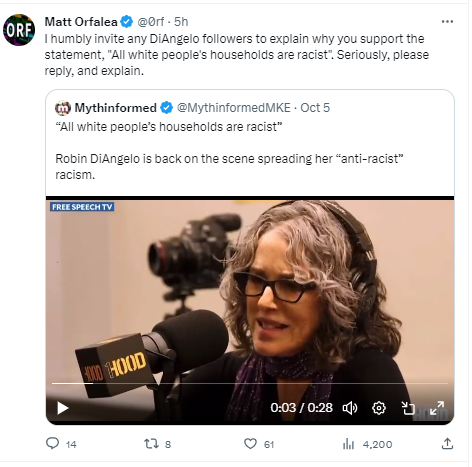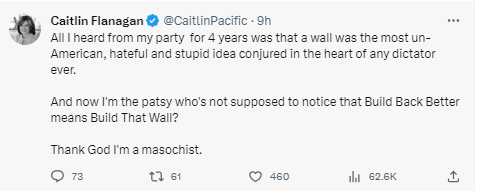From Charles Cook of National Review:
Bluntly put, I’m going to ask you for money. But, before I do, I have a pressing question: Do you know how fire alarms work?
I do. And I’d wager that most of the press did, too, until Representative Jamaal Bowman pulled one this week in a possible attempt to shut down the work of Congress, and, in a transparent attempt to ignore the problem with his having done so, the operation of fire alarms immediately became one of those great Talmudic mysteries that prompt furrowed brows and the perplexed shrugging of shoulders. If you want to see a journalist lose faith in epistemological truth, have a Democrat do something corrupt or stupid. Within seconds, you’ll be transported to a pot-filled sophomore philosophy seminar. “When you think about it, what can we really know, dude?”
I mention The Strange Case of the Exquisitely Complicated Fire Alarm because it strikes me as a perfect example-in-miniature of how the media have elected to treat the growing evidence of serious wrongdoing by President Biden and his family. Back in 2017, when the subject of rumors was Donald Trump and his supposed “collusion” with Russia, the press treated every claim that was made as if it were self-evidently true . . . Questions were begged without relief. If it was alleged at 5 p.m. that Trump had once tried a vodka martini, by 6 the walls would be closing in. . .
With Biden, the media have taken precisely the opposite approach. I would like to say that this reversal represents a salutary overcorrection, but, of course, we all know that it is no such thing. It represents corruption. . . The press wanted Trump to be guilty, it wants Biden to be innocent, and it has proceeded accordingly in both cases. With Trump, fluff was treated as evidence; with Biden, evidence is treated as fluff.
This excellent article is the reason I created a category on this website called "Narratives in Media." It's probably my fasted growing category, with more than two hundred examples, most of these from the past three years. I created this category relatively recently; my of my older posts could have been categorized similarly. I sometimes refer to the post in this category to remind myself that we are constantly being gaslight by corporate media. When I wonder whether my positions are reasonable on COVID, immigration, Biden, Hunter Biden, politization of the U.S. security state, censorship, etc., I refer to these articles. It's simply not possible that left-leaning versus right-leaning (FOX) corporate news repeatedly come down on the opposite side of all these issues.
My main question is whether all of these so-called "reporters" and "editors" are intentionally misleading us, paltering, or whether they have drunk so much of the Kool-aid that they are oblivious to their own need to preach to us (through commission and omission) rather than simply telling us what is happening out in the world.
I do want to put in a good word for National Review, a conservative-leaning publication that is also self-critical. A conservative publication that was consistently and critically opposed to Trump. As Cook accurately says in his article on Jamal Bowman and media polarization,
I am proud to say that National Review did not behave in this manner in either case. The phrase that I have heard most frequently uttered by my colleagues during the discussion of both of these stories is “don’t get out over your skis.” Instead: Be skeptical, be open-minded, be patient, look for evidence, and follow it where it goes.



